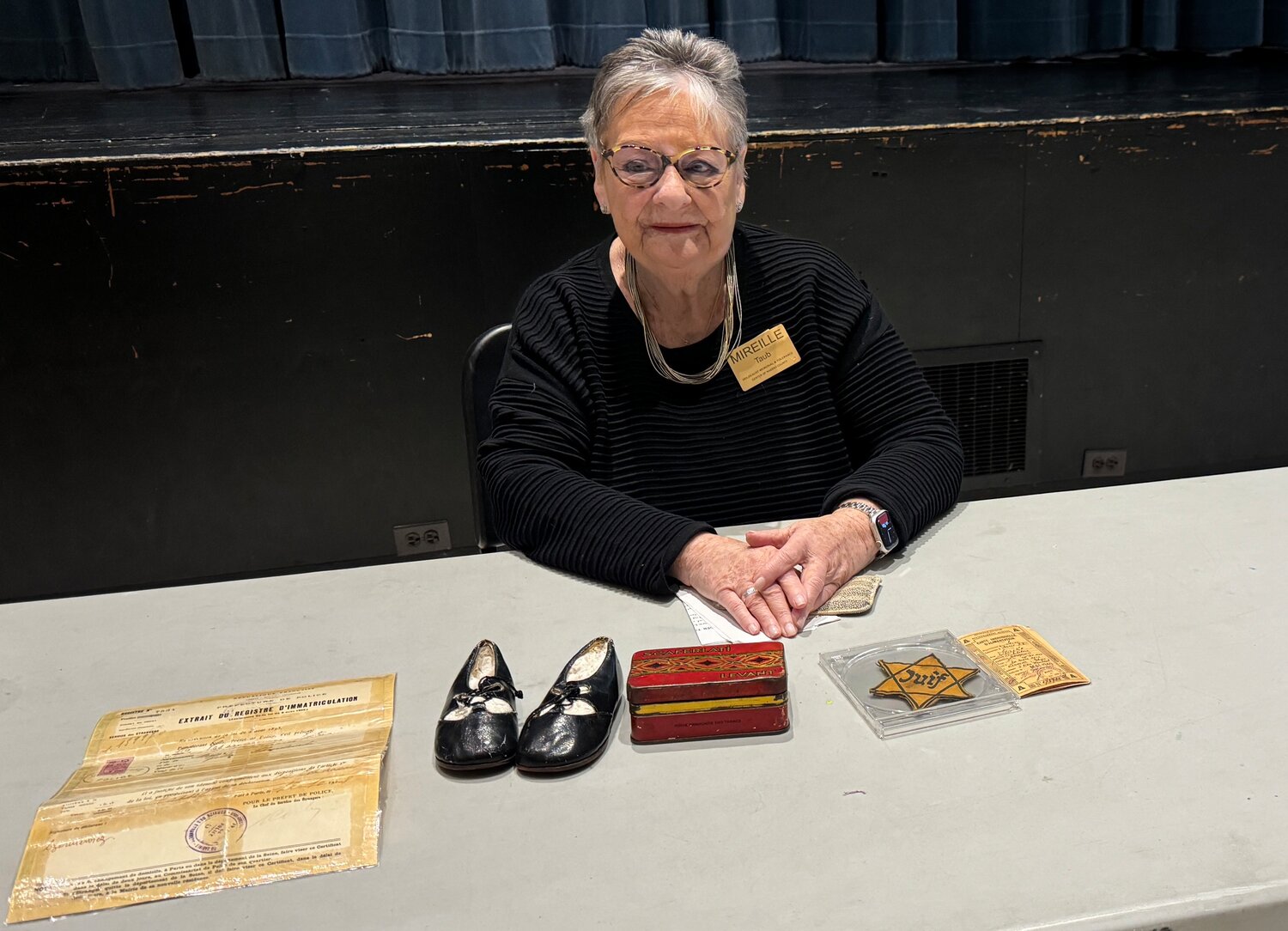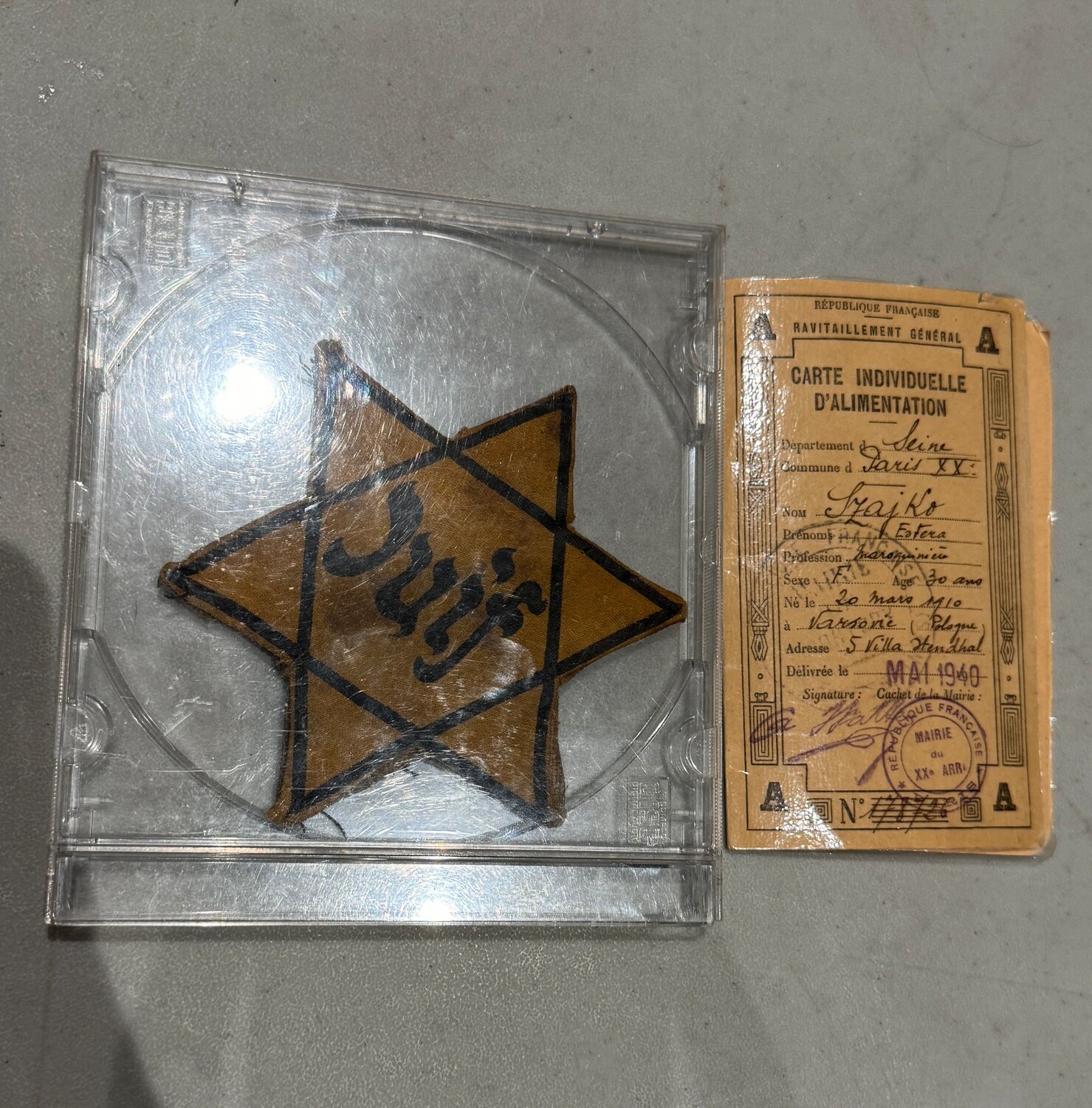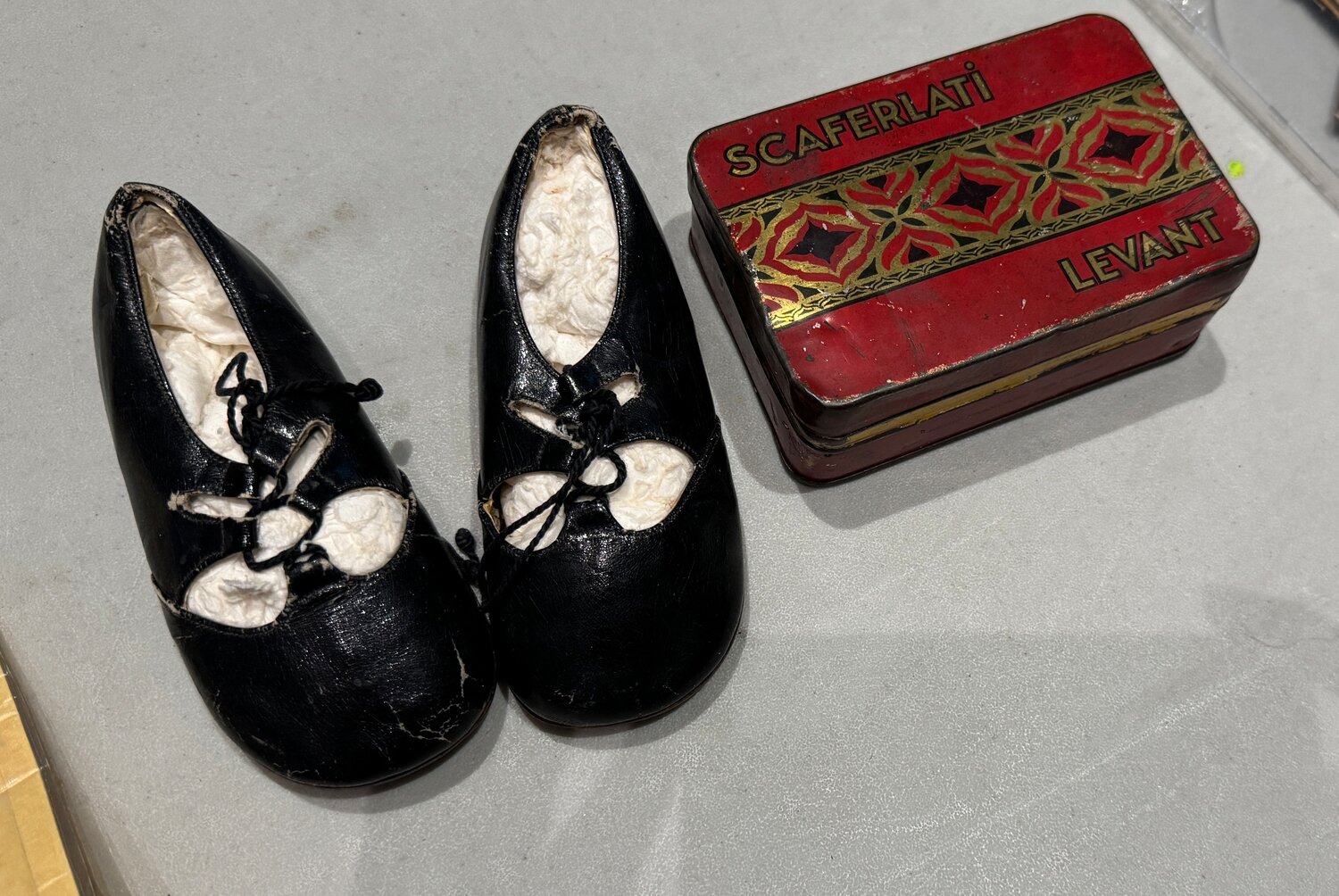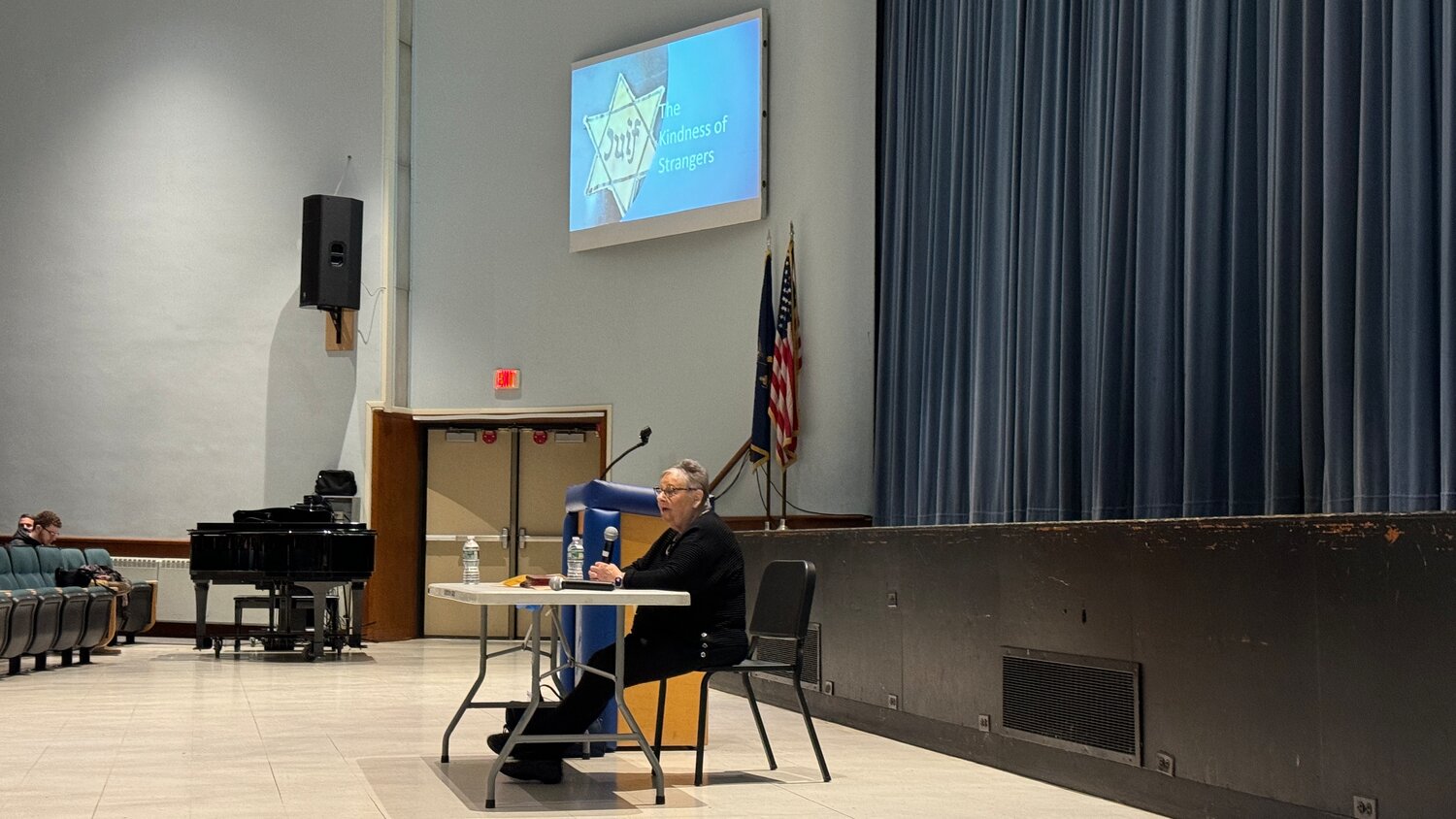Learning from Holocaust survivors
Mireille Taub leads powerful presentation for freshmen, sophomores at Calhoun H.S.
Throughout February, students in the Bellmore-Merrick Central High School District took many opportunities to hear from survivors of the Holocaust. International Holocaust Remembrance Day is commemorated on Jan. 27, when the Soviet Army liberated the Auschwitz concentration camp in 1945. The anniversary holds historical importance in social studies classes, and helps students broaden their understanding of hate and prejudice aimed at groups of people.
Sanford H. Calhoun High School played host to two speakers on Feb. 27 — Mireille Taub, a Holocaust survivor, and Bernie Furshpan, a second-generation survivor. Taub spoke to Calhoun’s freshmen and sophomores, while Furshpan addressed the juniors and seniors.
The Herald took the opportunity to listen to Taub’s presentation to get a sense of what students are learning and why stories like hers still hold so much significance today.
Mireille’s story
Christina Cone, the district’s social studies chairperson, introduced Taub to Calhoun students, saying, “This is such an amazing opportunity for us to be able to learn from Ms. Taub.”
Taub, who was born in Paris to Polish-Jewish parents, has labeled her story “the last train out of Paris.” Her family escaped from France before the country fell to Nazi Germany during World War II. They ended up in New York, and were processed through Ellis Island.
She grew up in Brooklyn, and later became an educator, teaching in Freeport for 34 years, while raising her family in the same community. Now, she’s a volunteer at the Holocaust Memorial & Tolerance Center of Nassau County in Glen Cove.
In the late 1930s, Taub was just an infant and later a young toddler when tensions began rising in France, as Adolf Hitler rose to power with his Nazi regime in Germany. Paris — and the northern half of France — would eventually fall to the Nazis, while the southern half remained free. Jews who lived in Paris were subject to harsh rules and regulations, and forced to wear a Star of David, she said.
Taub, who was too young to remember much of her family’s escape and learned of their passage through her parents, had relatives living in the United States. Her father arranged for them to get to America — but finding transport out of France, in a time of political tension, was hard.
The U.S., at the time, created quotas for immigrants, meaning the number of people entering from certain countries was limited. As French residents, however, they experienced little issues entering America.
“The French quota was never filled,” Taub said, “because no one wanted to leave France.”
In the spring of 1940, Taub and her family took, what her father called, “the last train out of Paris,” as France was getting ready to surrender to Germany. They trekked towards Bordeaux, a city on the Atlantic Ocean, and from there crossed the Pyrenees mountains, which separate France from Spain, in a truck driven by an American consulate — who ironically had issued Taub’s father his papers to leave France.
In Spain, they traveled to Lisbon, Portugal, where they eventually boarded a ship in June that provided them passage to the U.S. Taub and her family arrived in New York three months later, in August of 1940.
Though she was young, she recalled understanding the war.
“As a little girl growing up in the war, I knew what was going on,” she said. “My bedroom was off the kitchen, and family who gathered would talk in several different languages. I understood the English, I understood the French — I did not understand the Polish. My parents would tell me as much as a child could understand.”
The other part of Taub’s story is that of her husband’s — which she tells in clear detail.
Her husband, David Taub, was shuffled around France as a young boy and survived the war, thanks to the “kindness of strangers,” helping him, his parents and brother. He lived as a “hidden child,” because a family in the free part of France protected his identity. But he also traveled with his mother to Beaune-la-Rolande, an internment and transit camp for Jews in occupied France, to rescue his older brother who was imprisoned there. Conditions, like many Nazi-run camps, were insufferable.
Her husband has since died, but Taub has made it a part of her life’s work to tell their stories and educate people about the Holocaust. While she and her family managed to escape and survive, many relatives in Europe were not as lucky, and ended up imprisoned and killed.
Throughout Taub’s presentation, she showed photos and artifacts from her past, including the shoes she wore while fleeing France, her mother’s sewing kit — which was kept in an old tobacco carton — and her husband’s Star of David, that he was forced to wear in occupied France.
“We were the lucky ones — I survived in America,” she said. “My husband survived unspeakable conditions, and often spoke about them. I am always moved by these stories because they are part of who I am.”
Learning about hate and prejudice is exceedingly important throughout the Bellmore-Merrick school district, officials said. Student leaders from high schools have opportunities to lead lessons in the middle schools, and educate younger peers on hate symbols and hate speech, during presentations scheduled in the spring.
“It’s even deeper than that,” Cone told the Herald. “It’s been a passion of mine — and I’m sure many other educators — to ensure that the lessons of the past don’t get forgotten.”
Cone said it’s interesting that Taub refers to her husband’s story as “the kindness of strangers,” and hoped that it resonated with students.
“We all have it in us to do the right thing,” she said.














